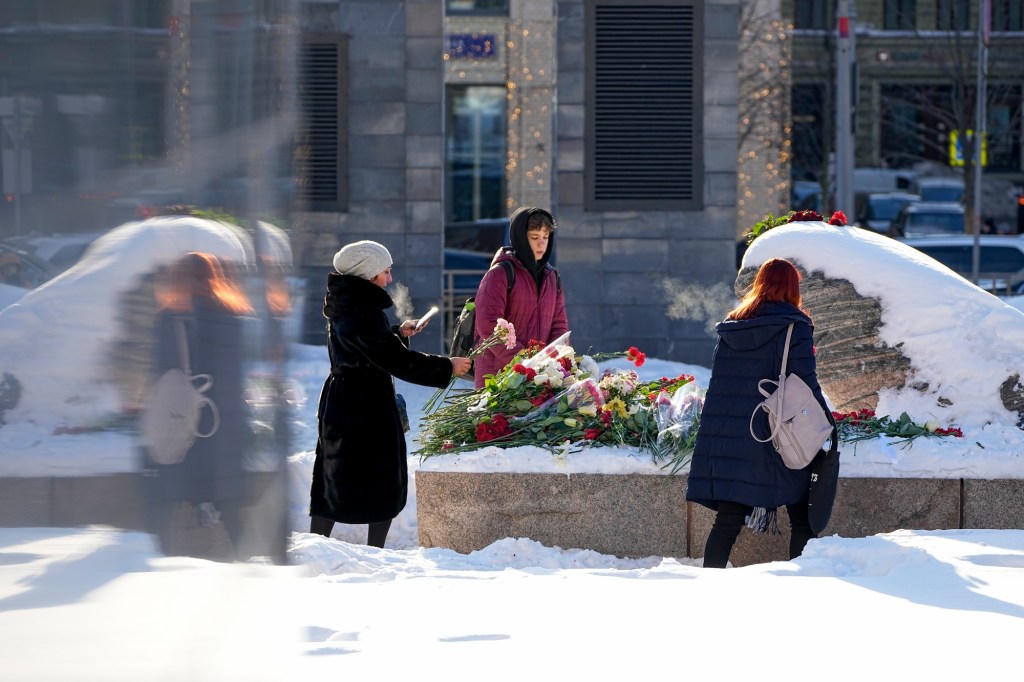By Emma Burrows | Associated Press
LONDON — Alexei Navalny was asked four years ago what he’d tell Russians if he were killed for challenging President Vladimir Putin.
“You’re not allowed to give up,” he told a documentary maker. “If they decide to kill me, it means we are incredibly strong and we need to use this power.”
Russia’s prison agency announced Friday that Navalny had died in the Arctic penal colony where he was serving a 19-year sentence on charges of extremism. His death sparked accusations around the world that he had been killed.
WHAT DOES THE OPPOSITION DO NOW?
Kremlin political critics, turncoat spies and investigative journalists have been killed or assaulted in a variety of ways. The Russian opposition has lost its brightest star with Navalny’s sudden death. Now the question on everyone’s mind: What does it do now?
Most of Russia’s opposition is either dead, scattered abroad in exile or in prison at home. Remaining opposition groups and key political figures have different visions about what Russia should become, and who should lead it. There is not even an anti-war candidate on the ballot to give Putin a token challenge in next month’s election for a sixth term.
THE END OF DISSENT?
Although Navalny’s widow, Yulia Navalnaya, has vowed to continue his work, many are wondering if his elimination from the picture is the end of political dissent in Russia.
“Alexei Navalny was a very bright and charismatic leader. He had the talent to ignite people, to convince them of the need for change,” said Mikhail Khodorkovsky, a former tycoon who spent a decade in prison in Russia on charges widely seen as political revenge for challenging Putin’s rule in the early 2000s.
“This is a very difficult loss for the Russian opposition,” he told The Associated Press after his death.
Graeme Robertson, a professor of political science at the University of North Carolina at Chapel Hill and author of a book about Putin and…
Read the full article here







